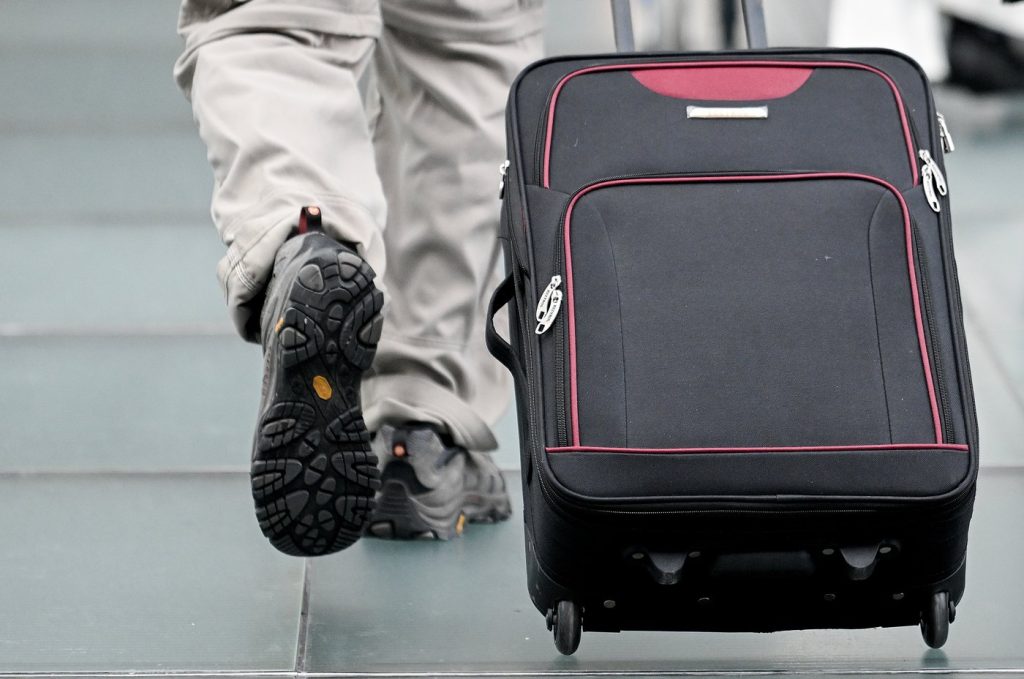MONTREAL — The rising tension between Canada and the U.S., marked by tariff threats and insensitive comments from President Donald Trump, is leading to a significant decline in Canadian business travel to the United States. Oscar Acosta, a tech CEO from Ottawa, decided to cancel his trips to three major conventions in the U.S. after learning about the distressing case of Jasmine Mooney, a Canadian actress who was detained for twelve days at the San Diego border and subsequently banned from the U.S. for five years.
Acosta expressed his fears as a visible minority, questioning whether he would face a similar fate. His concerns reflect the broader anxiety felt by many Canadians regarding travel to the U.S. According to Chris Lynes, managing director of Flight Centre Travel Group Canada, business travel by air between Canada and the U.S. saw a nearly 40 percent drop year-over-year in February, prompted by numerous cancellations related to conferences and business meetings.
Industries ranging from banking to manufacturing are pulling back on U.S. engagements despite potential penalties. Lynes reported that a banking client canceled six programs to various American destinations, including New York and Las Vegas. The travel agency has assured employees that it understands any discomfort they may have about crossing the border for work events.
The impact of this travel ban has the potential to extend far into the future. Experts noted that cancellations could affect plans as far out as 2027, encouraging companies to consider alternative locations like Canada or Mexico for corporate events. The combination of economic patriotism and the fear of being targeted under the current U.S. administration has fueled this trend.
While some companies are hesitating to move forward with established plans, financial commitments have forced others to proceed. For instance, Royal LePage’s conference in Nashville, Tennessee, scheduled for September, will proceed despite hesitations from staff about attending due to the ongoing political climate. CEO Phil Soper communicated the need to move forward as finances had already been allocated to secure the event.
Statistics Canada reported a 32 percent decline in Canadian return visits by car from the U.S. and a 13.5 percent drop in flights home. The cancelations are not isolated incidents; individual entrepreneurs like Acosta are grappling with the loss of opportunities. He had booked accommodations for an "investor prospecting" trip to Boston in May and two conferences later in the year, investing in new tires and even obtaining a passport for his dog. Ultimately, he chose to cancel all his plans, prioritizing safety over potential business gains.
As Canadians weigh the risks associated with traveling to the U.S. amidst a climate of uncertainty and perceived hostility, many are grappling with what it means to engage with U.S.-based businesses. The decision to step back from opportunities that involve travel to the U.S. reflects a significant cultural and economic shift, driven by fear and the desire to protect one’s personal and professional well-being.










